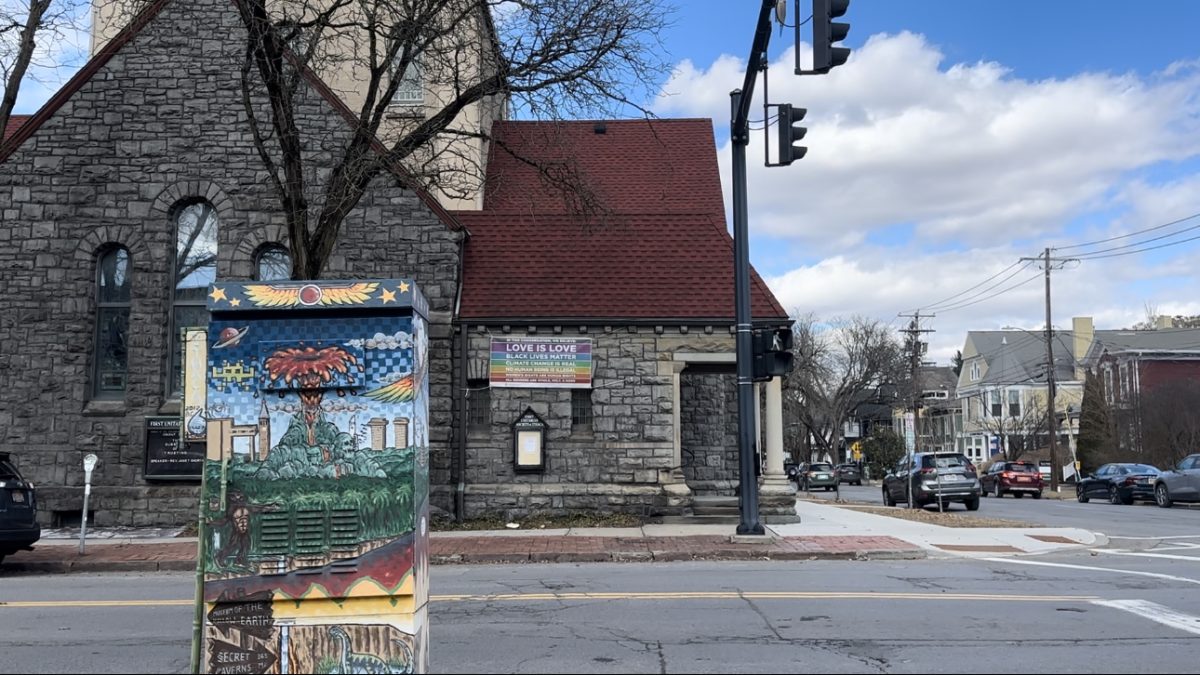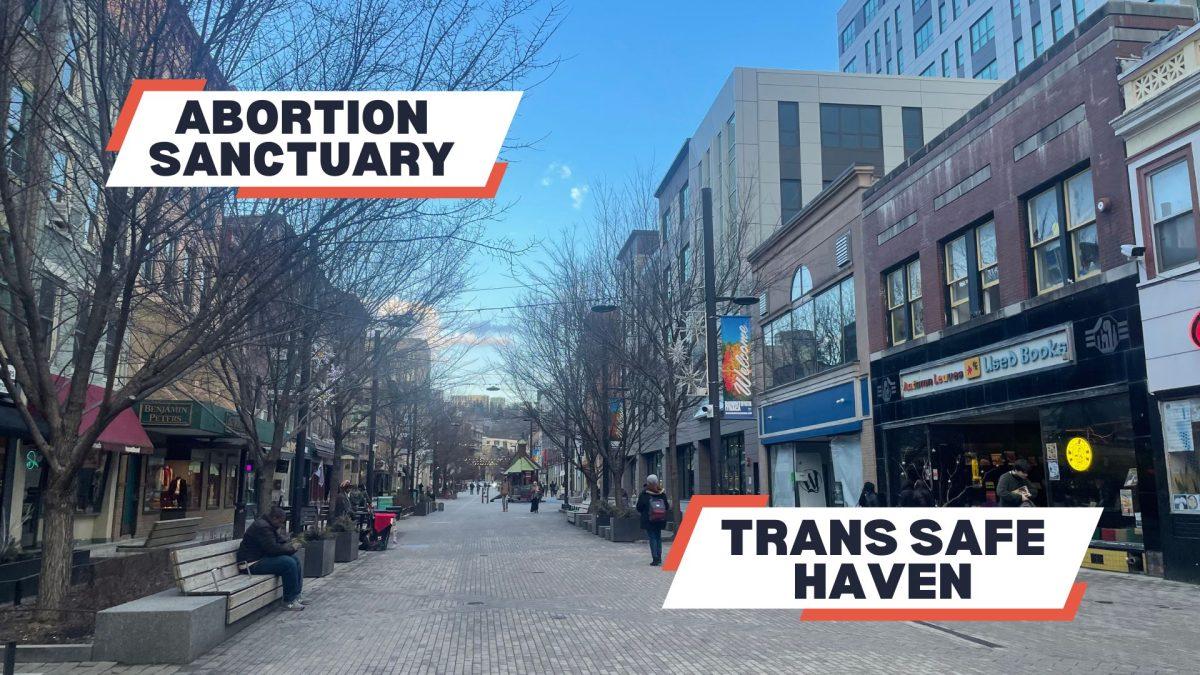The Fair Housing Act made it illegal to refuse a sale or rental agreement because of race, color, sex, national origin, and religion. Some states across the country also make it illegal to refuse an agreement based on gender and sexual orientation.
On April 6, Tompkins County held a proclamation hearing to celebrate Fair Housing Month in the local community.
The proclamation reads that Fair Housing Month “in Tompkins County as an inclusive community committed to fair housing, promoting appropriate activities by private and public entities to provide and advocate for equal housing opportunities for all residents and prospective residents of Tompkins County
Members from the Board of Realtors were present at the proclamation, including Paul Rossi, thanking county legislators for their hard work in the fight for housing.
Veronica Pillar, Tompkins County Legislator for District 2, also attended the event. However, Pillar stood firm and stated that despite the efforts of the Fair Housing Act, discrimination was still prevalent in the area.
“Landlords treat white and black tenants [differently when] in the exact same situation,” Pillar said. “Things like wage discrimination contributes to housing and housing justice.”
Currently, the median income for an individual in Ithaca is just over $34,000, but the median value of a home is just under $240,000 since last year, almost 7 times the median salary. With this, it comes as no surprise that over 70 percent of households in Ithaca are rented.
With the presence of colleges on both East and South Hill, many local residents must look at homes further away from the city and further out in the county.
Pillar does believe that the presence of college students from both Cornell University and Ithaca College poses a competition to getting affordable housing (or housing in general) in an area that has access to establishments like restaurants and stores. However, they do not believe that the answer is to get rid of the students.

What Pillar noticed is that many homes near the colleges and around the Ithaca Commons are marketed towards college students and rarely any other demographic, like longstanding residents of the city and county.
“I’m familiar with the areas that are not necessarily Cornell owned, but incredibly Cornell dominated in terms of the residents that live there,” Pillar said.
“And I see a lot of like landlords and property management companies marketing to students specifically like there’s plenty of houses that’s marketed as like Grad student housing, which is interesting because it’s not like Cornell owns it or if you literally have to be a Grad student to live there, but they’re clearly targeting a certain population.”
One theory Pillar had after observing this pattern is that students tend to offer a short commitment as opposed to a resident looking to stay long term, or more than just one academic year like a student would.
Pillar describes it as a fear of entering an agreement and not being comfortable afterwards, only leading non-students into a smaller list of available options.
Because of these patterns, many people, often black and brown populations, move further out to areas like West Hill and Enfield where the access to resources is nowhere near that of Collegetown.
Another aspect of the presence of educational institutions in Ithaca is that both Cornell and IC do not need to pay property taxes. And while Cornell makes payments to the county in lieu of taxes, Pillar claims that there is an imbalance.
“The value Cornell brings to the community and the burden it puts on the community … It needs to shift toward Cornell contributing more.”






